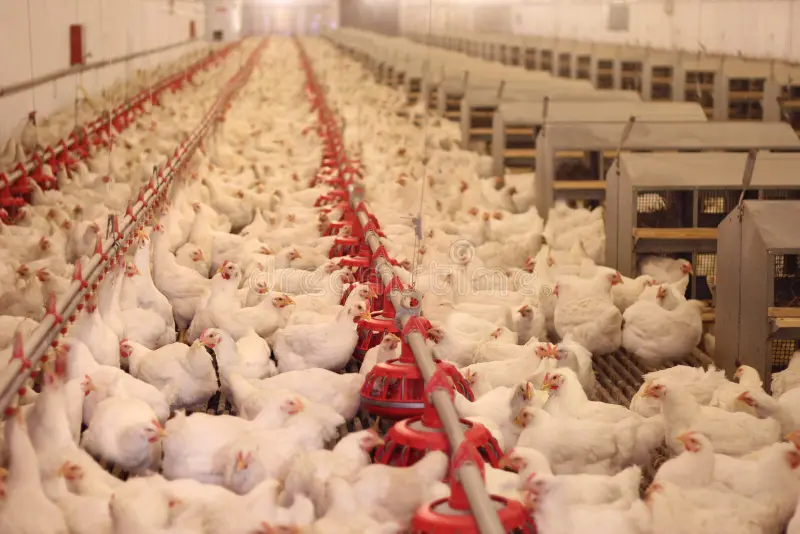
Course Description
This course introduces learners to the principles and practices of Animal Production. It focuses on the management of livestock including poultry, cattle, goats, sheep, and pigs with emphasis on feeding, breeding, housing, health care, and marketing. The course is designed to equip learners with practical knowledge and skills needed for sustainable and profitable livestock farming.
Course Objectives
By the end of this course, learners should be able to:
-
Explain the importance of animal production in agriculture and food security.
-
Identify different livestock breeds and their production potential.
-
Apply proper management practices in feeding, housing, and breeding.
-
Recognize and control common livestock diseases.
-
Develop entrepreneurial and record-keeping skills in animal production.
Expected Learning Outcomes
After completing the course, learners will be able to:
-
Demonstrate knowledge of livestock production systems.
-
Apply skills in animal husbandry for improved productivity.
-
Implement biosecurity and animal welfare measures.
-
Prepare simple business plans for livestock enterprises.
-
Evaluate the role of animal production in sustainable agriculture.
- Teacher: Admin User
